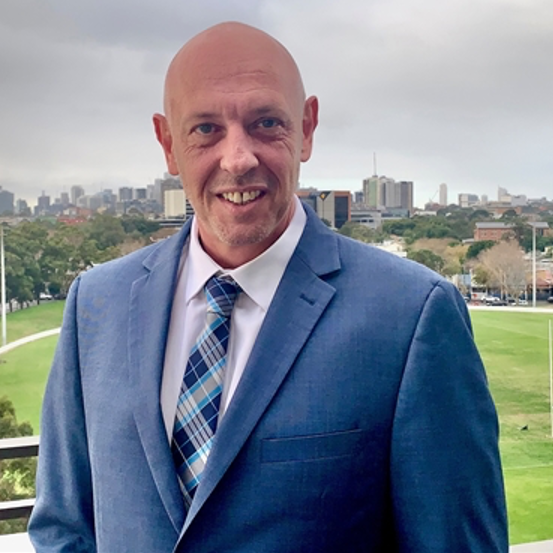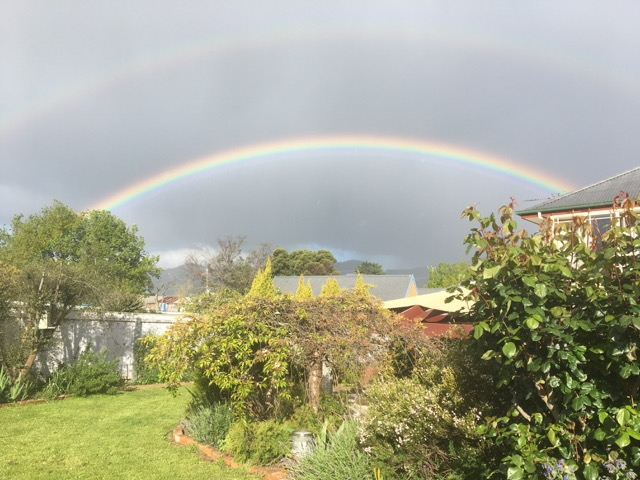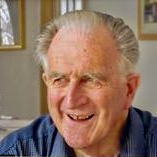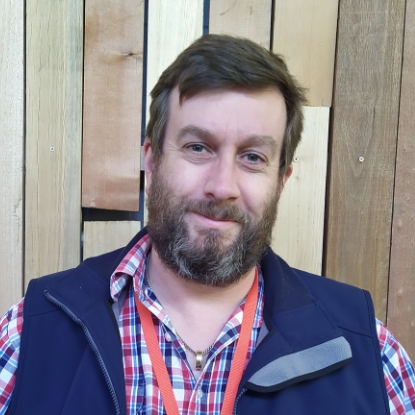The Northern Branch of Royal Society of Tasmania invites you to a public lecture by Dr Eric Ratcliff OAM at 1.30 pm on Sunday 26 February 2023 in the Meeting Room, QVMAG, Launceston, or via Zoom webinar.
Admission is free for members of the Royal Society of Tasmania. General admission – $6, Students, QVMAG and TMAG Friends, and members of the Launceston Historical Society – $4. Full COVID vaccination and the wearing of face masks are highly desirable.
Please register for the Zoom webinar using this link.
Naming things, an ancient human activity that enables us to make sense of our surroundings, carries a risk of distorting our perceptions of them. The success of the Linnaean system influenced attempts to label other phenomena, both natural and man-made. Some effects of this are illustrated through the speaker’s interests in nosology and architectural history.
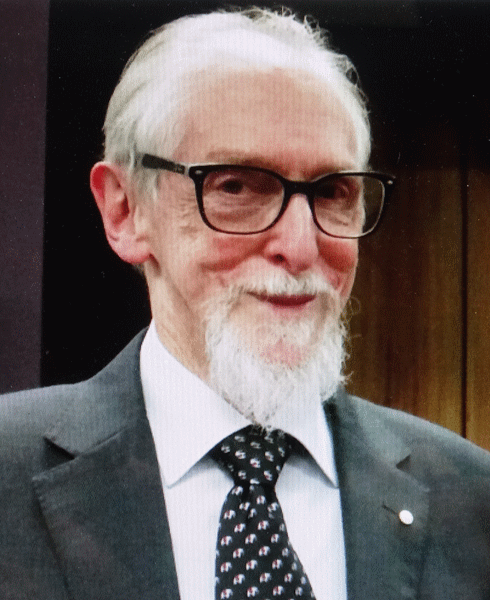
Dr Ratcliff is a senior consultant psychiatrist and a recognised authority on the social and stylistic history of architecture in Tasmania during the extended nineteenth century. He first delivered this lecture at Government House in 2022 after being presented with the Royal Society Medal by Her Excellency the Honourable Barbara Baker AC, Governor of Tasmania.

